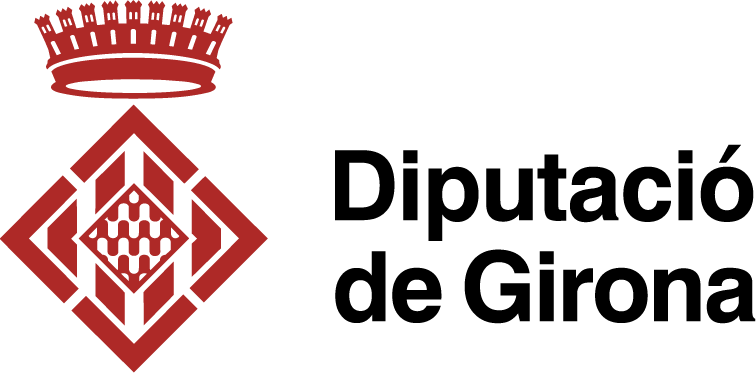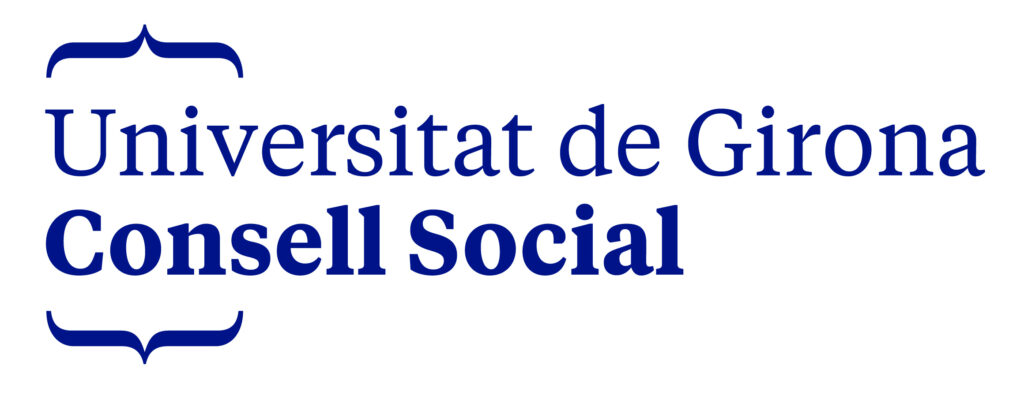François Schneider
Monday 3rd July, 12.00-13.30, Cerbère
At last presidencial elections half of Cerbère voters chose to support Le Pen against Macron (but 30% voted Melenchon/Hamon, extreme left, at the first round). Traditionally working class, half the village is now supporting extreme right which develops more and more a discourse against “big finances” quite similar to extreme left. In this course I will develop an analysis from the degrowth point of view but at a larger scale.
The consumer lifestyles continue to create an incredible fascination for those that are excluded from it. In the same time, those modes for consumption and the globalised system of resource extraction and production, and the finance market supporting it, create enormous tensions on resources, preventing the possibilities to live frugally on local resources.
Facing this hegemony, the trend is on closure. People do not want refugees camps at their vicinity, people vote for political parties promoting closure of borders, gated communities develop…. But in the same time, the material and energetic base of our modes of production and consumption are far from challenged. As marine Le Pen explains “we need to close borders for the preservation of our lifestyles”.
A localised production and consumption is completely incompatible with the present levels of consumption of materials and energy, and those levels of consumption are deeply connected with our lifestyles and mode of production. Those lifestyles are presently possible because production and resources come from very far because we do not feel its greatest impacts.
From this analysis I will develop what could be the alternative, and after presenting the concept of circular narrative, or “soft revolution”, I will present a degrowth narrative as a “soft revolution” based on the idea of open-localisation.
Open localisation
Open-localisation has been mentioned several times in the degrowth movement.
It is a localisation distancing from closure, with an openness that is not about any top-down universalism, especially it is not about generalizing the reign of individual profit, but neither the vision of a world made of cultural clusters.
Open-localisation involves degrowth of consumption (and production), which involves reduction of the pressure on resources and sinks. It would make cooperation possible: local and global commons become more easily managed as competition for resources reduce.
With open localisation favours of an inter-scale, and inter-dimensional dialogue and action. Localisation is then not about defining an inside and an outside, but about reducing frustration and social comparison.
It then challenges the identity based on national, regional or local pride (which generates ethnic wars). In open-localisation, identity is negotiable. It is based on dialogue. It involves belonging to different open-communities with different focusses and at different scales, the so-called communities of project.
Open-localisation results in the idea of a cosmopolitanism with sensibility & attachment to the proximity: against over-specialisation, against exclusion.
Production and use become closer to one another. This is for instance obtained by fighting large-scale and fast transport infrastructures. Free and slow travel for people (without discrimination), and hospitality emerge as important counterparts of open-localisation.
Open localisation is not a “silver bullet” but a complementing proposal. Instead of top-down universalism or closure it involves the idea of diversel (or pluri-versality): an universalism discussed from the bottom, “non-conquering” where nobody can decide for others on earth and generalize solutions for all.
Readings:
Grosfoguel, Ramón. 2012. Decolonizing Western Uni-versalisms: Decolonial Pluri-versalism from Aimé Césaire to the Zapatistas. Transmodernity, 1(3): 88-104.
Optional: Xue, Jin. 2014. Is eco-village/urban village the future of a degrowth society? An urban planner’s perspective. Ecological Economics, 105(2014): 130-138.




